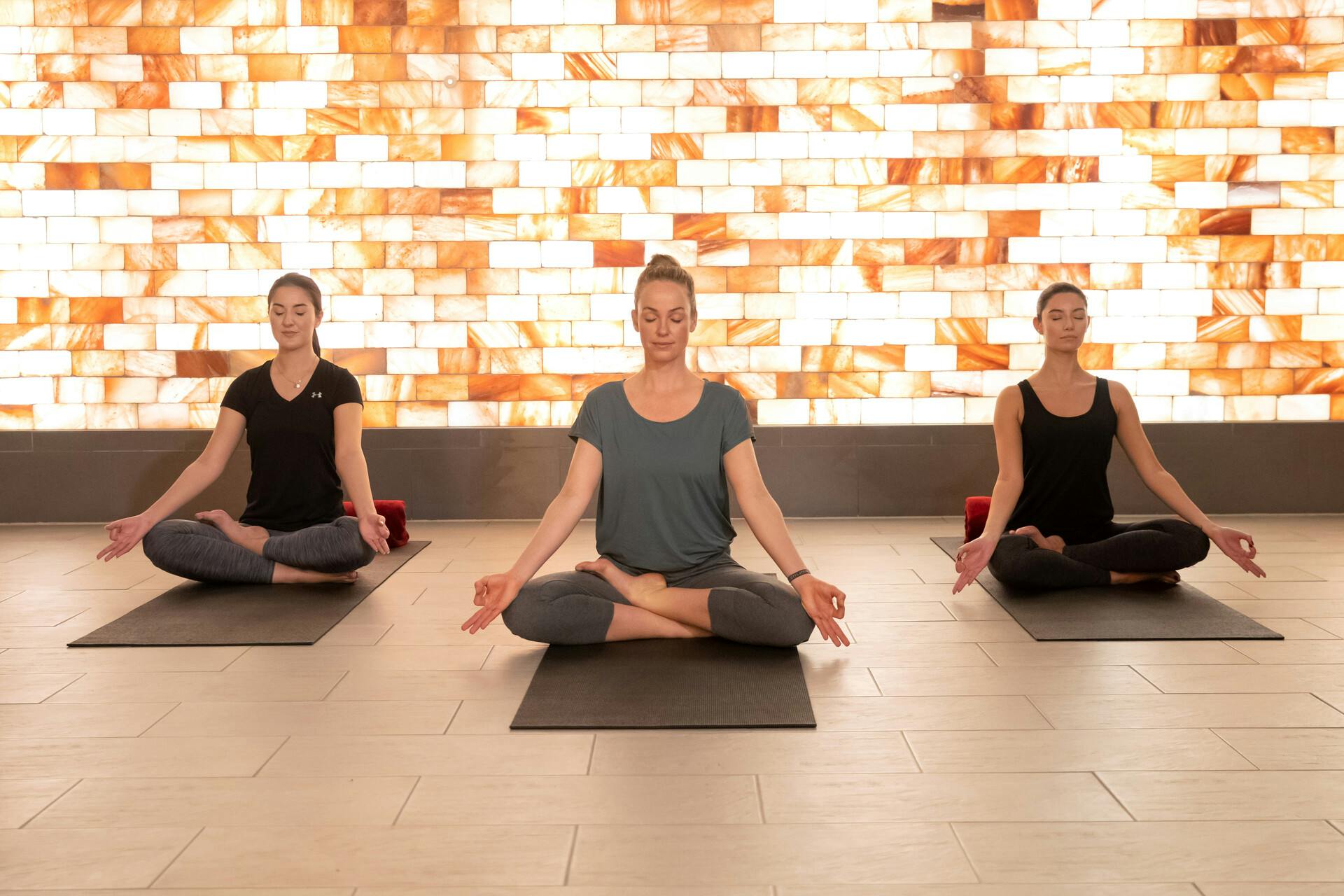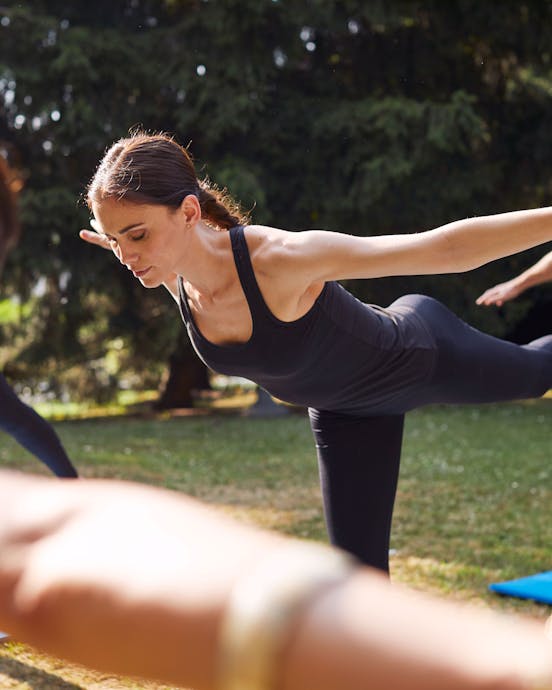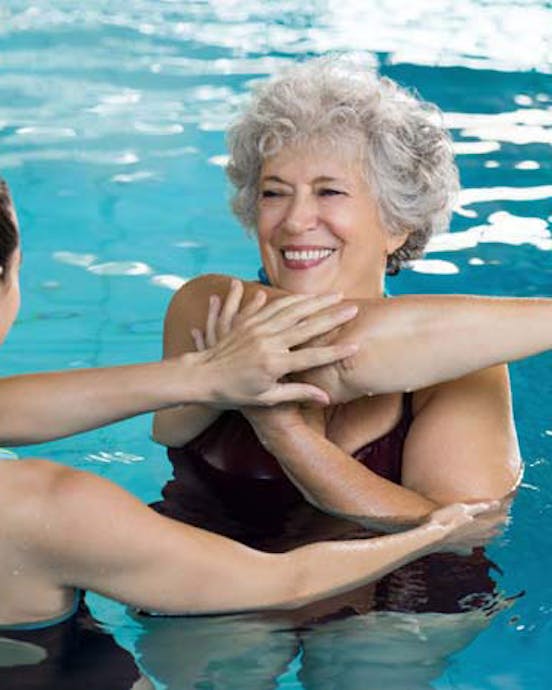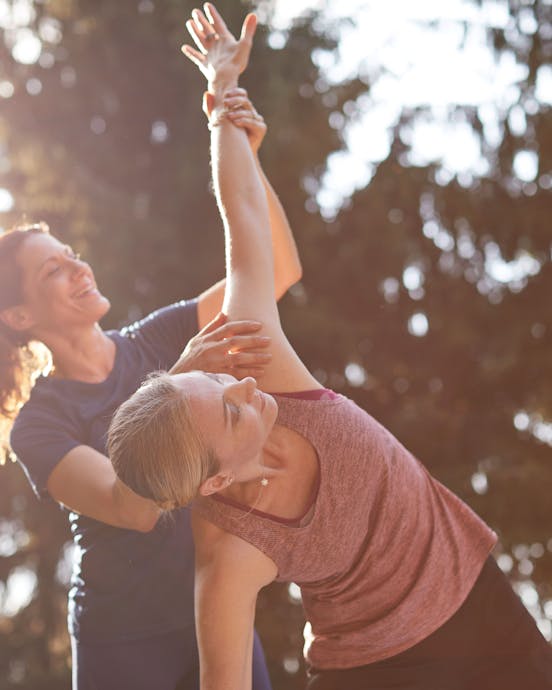Meditation. Mindfulness. We hear these words more and more often, but what are they exactly? And how can you learn to meditate?
With so many of us suffering from fluctuating levels of anxiety as we navigate the ongoing pandemic, meditation may be an optimal solution to manage stress and not get carried away by negative emotions - available anytime and in the comfort of our own home. Here is what you need to know to get started.
What is meditation?
Meditation can take many forms: relaxation for some, a way to clear one's mind and foster a sense of inner calm for others. Meditation is a way of taking care of yourself, a way to live your life fully, in the present moment - it helps us better understand ourselves and our basic needs.
What are the benefits of meditation?
Recent scientific research has shown that meditation can significantly improve physical and mental health. In addition to lowering blood pressure, increasing the ability to concentrate and reducing stress, it also promotes memory. Not to mention that meditation strengthens the immune system and makes you less sensitive to pain.
Meditation can also help with depression and anxiety. Regular practice helps you learn to be at peace with every emotion you feel - pain, anger, annoyance, guilt, joy, compassion, love, and peace - without ever feeling overwhelmed. And if negative or intrusive thoughts creep into our minds, they should not be chased away and we should not pretend they don't exist. Rather, you have to be aware of them, let them settle in, and then leave. Thoughts, whatever they may be, should be viewed with benevolence and acceptance.
Meditation encourages one to find joy in the present moment and makes one more forgiving of oneself and others.

How do you meditate?
The benefits of meditation in general, and mindfulness meditation in particular are achieved through regular practice.
There are two forms of meditation: formal practice and informal practice.
• Formal practice involves meditating every day for a period of time - whether you do it while sitting or walking.
• Informal practice consists of becoming aware of the present moment, anytime, in a spontaneous and natural way; for example, by concentrating on all the small gestures of everyday life - like focusing on what we eat or touching the ground that we tread.
For beginner meditation practitioners, consistency is essential. Every day make an appointment with yourself. Meditation is only possible when you have time to spare. It is therefore necessary to make a place for it in his timetable. Find a quiet place at home or at work to meditate.
• To start your meditation session, sit down on a chair, bench or meditation cushion. Wear comfortable clothes and go barefoot.
• Get into a comfortable position that allows you to have a straight back without locking yourself in. Be sure to adopt a posture that you can maintain effortlessly, such as the lotus position in order to relax.
• Close your eyes or just lower them to gently gaze at a point that is on the floor in front of you.
• Start by focusing on your breathing, inhaling and exhaling through your nose in a natural way, without straining.
• Approach the thoughts and images that come into your mind with kindness, without being judgmental.
Helpful advice for beginners
There are more and more meditation apps available: Petit Bambou, Headspace, Insight Timer, Mindfulness Bell, to name a few. This solution is well suited for beginners, who can benefit from short, guided meditation sessions that will enable them to learn how to practice.
These apps also allow you to integrate meditation into your daily life and to benefit from small practical tools such as timers, relaxing music backgrounds or nature sounds that reduce other ambient noises and create a favourable atmosphere to meditate.
For beginners, it is also very rewarding to meditate with other people and to be guided by an expert – making it easier to learn the different forms of meditation as well as the appropriate techniques.



